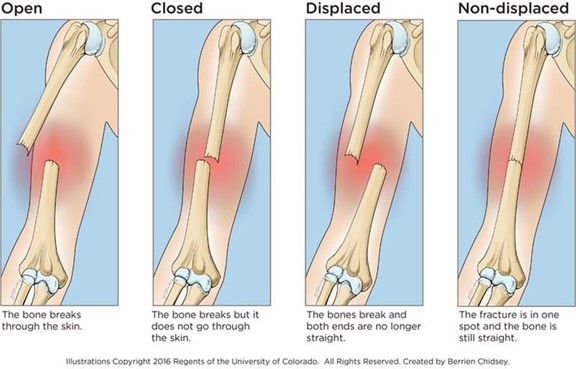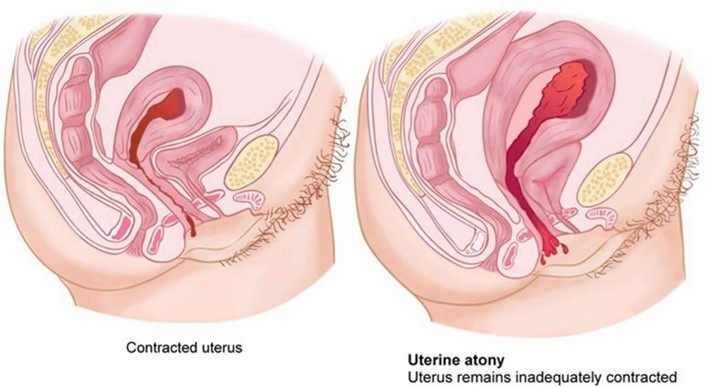The practical nurse (PN) participated in a community bicycle safety education program that targeted the health needs of children who attend a middle school where bicycle injuries were a priority problem. Six weeks after the completion of the program, a survey was sent to parents and students. Which finding is the best indicator to the PN that the program was effective?
50% of the parents reported that their children are aware of bicycle safety.
The number of students wearing bicycle helmets increased by 10%.
The number of students riding bicycles to school increased by 25%.
80% of the parents identified the need for an annual bicycle safety program.
The Correct Answer is B
The best indicator to the practical nurse (PN) that the community bicycle safety education program was effective is that the number of students wearing bicycle helmets increased by 10%. Wearing a helmet while riding a bicycle is an important safety measure that can help prevent head injuries in the event of an accident. An increase in the number of students wearing helmets indicates that the program was successful in promoting this safety behavior. The other findings listed may also provide useful information about the effectiveness of the program, but the increase in helmet use is the most direct and measurable indicator of success.
Nursing Test Bank
Naxlex Comprehensive Predictor Exams
Related Questions
Correct Answer is B
Explanation
Repeated visits to multiple emergency departments for various injuries or complaints can be a red flag for possible child abuse. The other options may indicate other issues or concerns, but they do not provide as much reason to suspect child abuse as the history of repeated visits to different emergency departments. It is important for healthcare providers to remain vigilant for signs of child abuse and to report any suspicions to the appropriate authorities.

Correct Answer is A
Explanation
If the practical nurse (PN) is caring for a client who delivered 6 hours ago and assessment findings reveal a boggy uterus that is displaced above and to the right of the umbilicus, the PN should encourage the client to void. A full bladder can displace the uterus and prevent it from contracting properly, leading to a boggy uterus. Encouraging the client to void can help empty the bladder and allow the uterus to contract and return to its normal position. The other actions listed may also be appropriate in some situations, but encouraging voiding is the most appropriate action in this situation.

Whether you are a student looking to ace your exams or a practicing nurse seeking to enhance your expertise , our nursing education contents will empower you with the confidence and competence to make a difference in the lives of patients and become a respected leader in the healthcare field.
Visit Naxlex, invest in your future and unlock endless possibilities with our unparalleled nursing education contents today
Report Wrong Answer on the Current Question
Do you disagree with the answer? If yes, what is your expected answer? Explain.
Kindly be descriptive with the issue you are facing.
